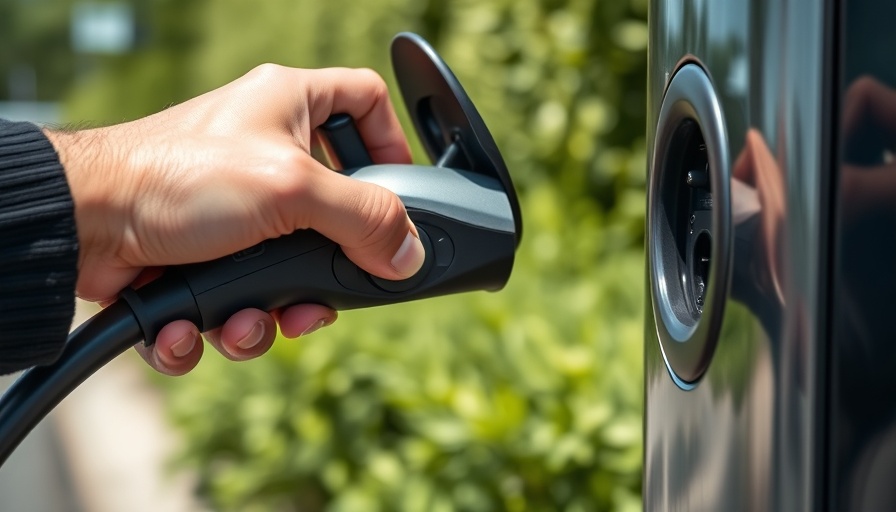
Understanding the Latest Tesla Recall
In a significant move, Tesla has initiated a recall affecting more than 230,000 vehicles due to a crucial issue with rearview cameras. Specific models hit by this recall include the 2024-2025 Tesla Model 3 and Model S sedans, along with the Model X and Model Y crossovers from 2023 to 2025. The National Highway Traffic Safety Administration (NHTSA) has reported that the vehicles' circuit boards could potentially short out, leading to a malfunction of rearview camera displays. This is a notable safety concern as a working rearview camera is required by Federal Motor Vehicle Safety Standard (FMVSS) number 111.
Spotlight on the Reason Behind the Recall
The root of the problem lies in a reverse current that occurs during vehicle startup, causing the camera screen to go blank as the driver shifts into reverse gear. This technical flaw demands drivers to depend entirely on shoulder checks and mirrors when reversing—posing a potential risk. Though Tesla has identified over 887 warranty claims and 68 field reports linked to this defect, there have been no reported incidents of crashes or injuries. The company estimates that only about 2% of the recalled vehicles suffer from this defect.
Recalls and Company’s Response
To mitigate this issue, Tesla has released a free over-the-air (OTA) software update. This update aims to mend malfunctioning cameras without necessitating a visit to a service center. Tesla is also proactively identifying vehicles with the problematic circuit board and replacing the failing components as required, at no extra cost to vehicle owners.
Future Predictions and Trends in Auto Safety Recalls
Looking ahead, automotive recalls, particularly among electric vehicle manufacturers like Tesla, are expected to evolve with the rapid development of vehicle technology. As cars become increasingly dependent on software and complex electronics, manufacturers might shift towards more frequent OTA updates as a solution for minor defects. However, issues that require hardware replacement, such as the recent airbag recall, indicate a realm where software cannot offer immediate resolutions. Tesla’s current approach can be seen as a precursor to streamlined recall responses in the future, balancing prompt technological fixes with traditional service solutions.
Relevance to Dealership Operations
This recall situation underlines the importance for dealership principals and managers to be well-informed on manufacturer announcements. Understanding the intricacies of such recalls can enhance customer communication and facilitate effective service operations. With growing concerns surrounding vehicle warranties and safety standards, extending coverage and cultivating trust can be pivotal factors for maintaining a dealership's reputation.
 Add Row
Add Row  Add
Add 




Write A Comment